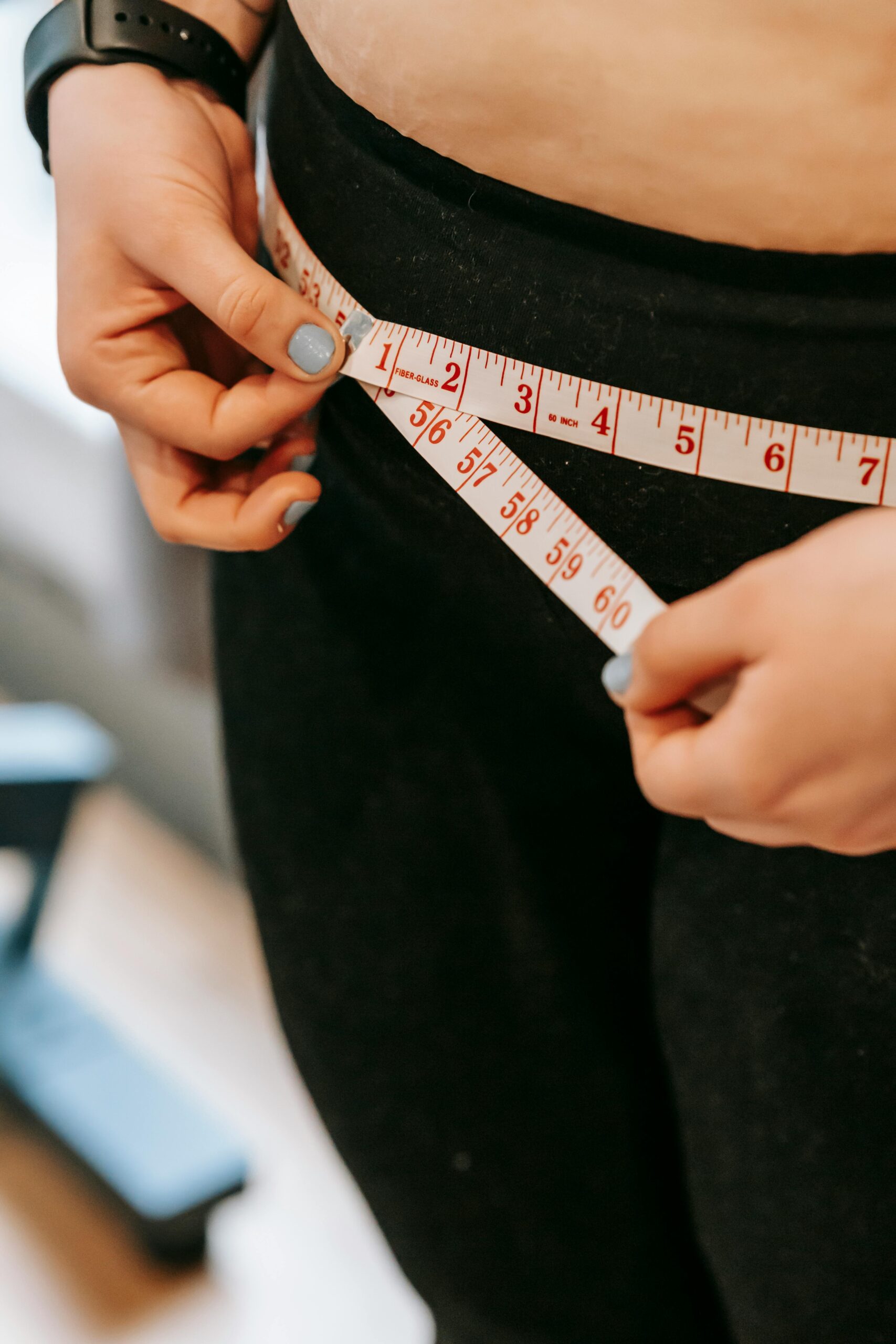What helped you lose weight at 27 might now just leave you tired, hungry, and frustrated at 47. Let’s talk about why—and what you can do about it.
If you’ve ever dusted off an old diet from your 20s—maybe it was low-carb, a juice cleanse, or just skipping dinner—and found it’s no longer working, you’re not imagining things.
Your body has changed. Your hormones have shifted. And the metabolic flexibility you used to have? It might not be as responsive anymore.
But here’s the good news:
It’s not about “trying harder.” It’s about trying smarter.
Let’s break down why your go-to diet isn’t cutting it anymore—and what actually does work when you’re navigating your 40s and beyond.
🚫 Why That Old Approach Fails Now
1. Your Hormones Have Changed—And So Has Your Metabolism
Estrogen, progesterone, and testosterone levels decline with age, especially for women in perimenopause and menopause. This hormonal shift can:
- Increase fat storage (especially around the midsection)
- Decrease muscle mass (which naturally slows metabolism)
- Mess with hunger cues (hello, cravings and carb crashes)
Research shows that women can lose up to 8% of their muscle mass per decade after age 30 unless they intervene with strength training and protein intake [(Rosenberg, 1997)].
2. Crash Dieting Now Does More Harm Than Good
That 1,200-calorie plan you used to swear by? It might actually backfire now.
As we age, under-eating accelerates muscle loss, slows metabolic rate further, and can dysregulate cortisol levels—leading to fatigue, brain fog, and even weight gain over time.
👉 Translation: Eating less isn’t the fix. Eating smarter is.
3. You’re Not Recovering Like You Used To
Sleep isn’t as restorative. Stress hits harder. And that HIIT workout you used to crush? Now it feels like it takes 3 days to bounce back.
Your body’s recovery systems are more sensitive in midlife, meaning you may actually benefit more from lower-impact movement, strength training, and adequate fueling than fasted cardio or marathon sessions at OrangeTheory.
I am not saying that you have to cut any of your HIIT workouts out completely. I am simply saying that you may want to consider multiple ways of working out, and not only do HIIT.
✅ So What Does Work Now?
Let’s shift the mindset from restriction to rebuilding.
🧬 1. Prioritize Protein + Strength Training
Muscle is metabolic gold. It burns more calories at rest and protects your bones, balance, and blood sugar. A 45y/o 5’5, 150lb woman who’s got more muscle mass and a lower body fat percentage (think 24% VS 34%) than another woman same age, weight, and height burns about 150cal more per day.
Aim for:
- Protein at every meal (20–30g minimum)
- Strength training 2–4x/week
- Don’t fear carbs—pair them with protein and fiber for sustained energy.
🧠 Fun fact: A 2022 study found that adults aged 40+ who followed a high-protein diet while strength training lost more fat and preserved more lean mass than those who just dieted alone [(Morton et al., 2022)].
🛌 2. Support Hormones with Food—Not Just Supplements
Your body thrives when it’s fed consistently. That means:
- Balanced meals (not just coffee ‘til noon)
- Omega-3s, magnesium, and fiber for hormone detox and regulation
- Regular meals to keep cortisol and insulin balanced
🧘♀️ 3. Train Your Nervous System Too
You don’t need to “go hard” in every area of your life to make progress. This leads to increased levels of stress!
In fact, chronic stress changes how you handle decision making. Like deciding what and where to eat. These are huge contributors to stubborn fat gain in your 40s and 50s. Think about it, when you are stressed, sugar and fat are much more appealing than carrots and quinoa.
That’s why I work with clients on nervous system & mental health support through food, movement, and realistic routines—because your body won’t shed fat when it’s got 1 million other things to worry about.
⚖️ This Isn’t About Willpower—It’s About Physiology
Your body isn’t broken. It’s just operating in a different chapter.
Instead of fighting it with the same old tricks, it’s time to work with your physiology.
And if you’re currently using GLP-1 medications like Ozempic or Wegovy, these shifts still apply: you need to nourish your body to protect muscle, maintain energy, and avoid long-term metabolic consequences.
✋ Ready to Stop Dieting and Start Fueling?
If this post hit home, I’m here to help.
As a Registered Dietitian, I work with clients who are done spinning their wheels with calorie counting and are ready for sustainable, age-appropriate strategies that support their hormones, metabolism, and life.
🔖 Save this post if you:
- Feel like you’re “doing everything right” but still gaining weight
- You’re tired of extreme plans that leave you exhausted
- Want real strategies that support your hormones and metabolism—not fight them
